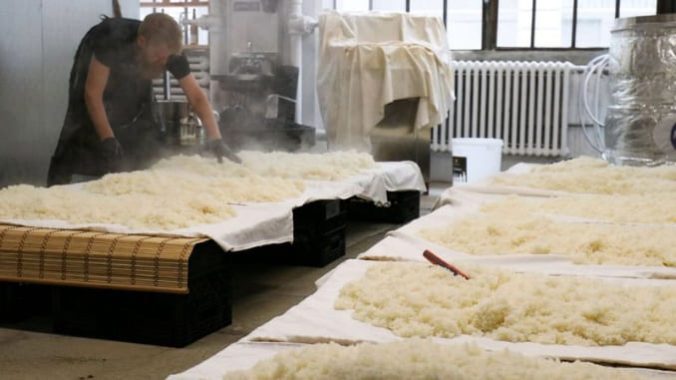What Is Upcycling?
Photo by Molly Tavoletti
There’s no denying that food waste is a huge problem, both in the U.S. and globally. In the United States, it’s estimated that around 30 to 40% of our food supply ends up in the trash instead of our stomachs. The reasons for this massive waste are varied and complicated; individuals end up trashing a good portion of the food that finds its way into their fridges, grocery stores throw out perfectly acceptable food to make room for new product and some food never even makes it off the farm.
Because of these overlapping causes of food waste, there is no silver bullet for the problem. Rather, smaller solutions may have to be implemented at several points along the food chain to meaningfully reduce the amount of food we waste as a global community. One solution that’s slowly gaining steam is upcycling, or finding ways to use food that would otherwise end up rotting in a landfill. Some companies are finding ways to harness less-than-desirable produce or utilize byproducts from other food processes to create dishes or products that can give new life to food that otherwise would have ended up in that 30 to 40% statistic.
Betty Lu, founder of Singapore-based Confetti Snacks, was frustrated that so much produce was being wasted due to aesthetic reasons (because it doesn’t look good enough to sell in a grocery store) or crop surpluses, so she looked for a way to repurpose that unusable produce to turn it into a shelf-stable snack that would cut down on food waste. “12% of greenhouse emissions come from food waste decomposing in a landfill,” says Lu. “Fresh produce [is] highly perishable, but if we can use [tons] of it and bake them into upcycled crunchy gourmet snacks with a shelf life of 12 months or more, we would inevitably be optimising food security…”
Not only is Lu finding a way to make an enjoyable snack with food that would be otherwise wasted, but she’s also preserving the nutritional value of staples that tend to go bad quickly. “Although these veggies and fruit may come in strange shapes, they are still highly nutritious,” Lu explains. “Rather than throwing them out, we should focus on using these vegetables and fruit and craft them into delicious snacks.” She points out that the veggie-based snacks that Confetti sells are healthier than many of their ultra-processed counterparts.
-

-

-

-

-

-

-

-

-

-

-

-

-

-

-

-

-

-

-

-

-

-

-

-

-

-

-

-

-

-

-

-

-

-

-

-

-

-

-

-








































